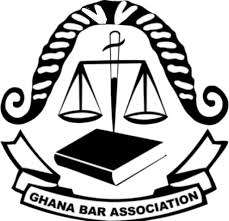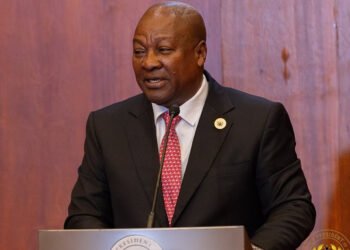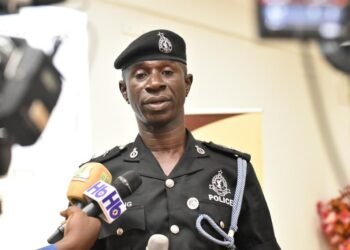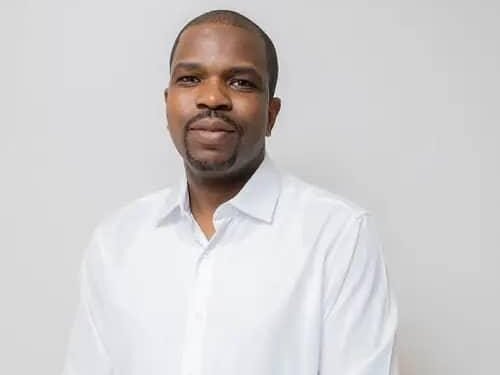The Ghana Bar Association (GBA) has come under the spotlight in a heated national debate about its constitutional status and responsibilities.
Legal experts are divided over whether the GBA, traditionally a voluntary professional body, should continue to operate as a private association or be regarded as a state actor bound by constitutional principles of accountability and fairness.
This debate follows recent remarks by Francis Ontoyin, a private legal practitioner and law lecturer at the University of Ghana Law School, who argued that the GBA has always been a voluntary organization and that the Constitution’s recognition of the association is not discriminatory.
“The GBA is, and has always been, a voluntary association. The framers of the Constitution deliberately conferred certain privileges on that body and on its members by extension. Lawyers who want to benefit from those constitutional privileges can exercise their freedom of association by joining.”
Francis Ontoyin
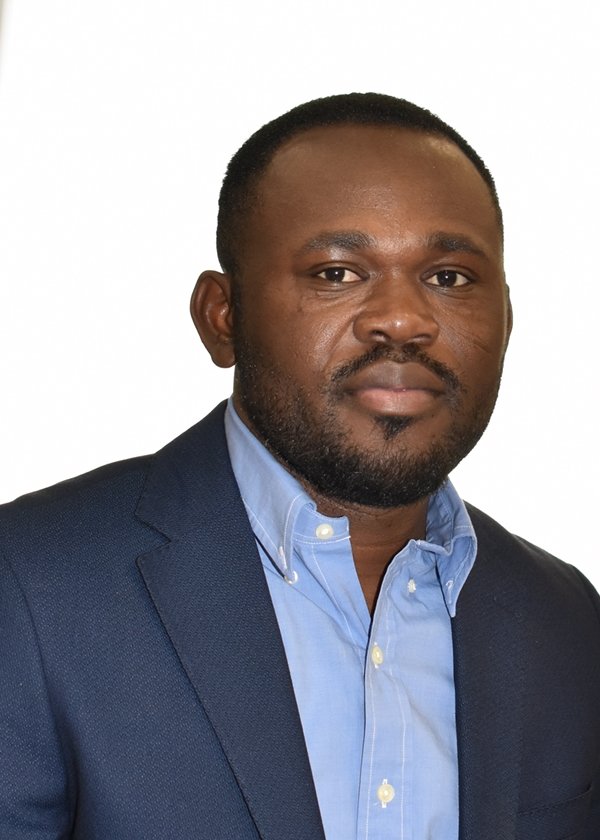
He argued that the Constitution cannot be blamed for discrimination when it intentionally assigns certain privileges to specific institutions as part of its framework.
While he acknowledged that the GBA should not hold a monopoly, he emphasized that the remedy should not come through judicial intervention.
However, Prof. Stephen Kwaku Asare, a respected legal scholar and Democracy and Development Fellow at CDD-Ghana, strongly disagreed with this view, insisting that once the GBA was enshrined in the Constitution, it ceased to be purely voluntary.
He contends that the association now has constitutional responsibilities and must therefore be treated as a public institution.
Prof. Asare explained that a serious inquiry must go beyond the GBA’s origins as a private body and instead focus on what happens when a voluntary association is elevated into the constitutional text and entrusted with national duties.
“Once elevated into the constitutional text and charged with constitutional functions, the GBA can no longer be treated as a private club. It acquires a public character.
“Indeed, in performing its entrusted constitutional role, it functions as a state actor, and its conduct must be measured against constitutional norms of inclusiveness, fairness, and accountability. This is the essence of the Public Character Doctrine.”
Prof. Stephen Kwaku Asare
Public Character Doctrine Explained
Prof. Asare also emphasized that the Public Character Doctrine is essential to understanding the current status of the Ghana Bar Association (GBA).
He explained that when an organization like the GBA is explicitly mentioned in the Constitution, it takes on a public character.
This happens because being named in the Constitution elevates it beyond the status of a mere private association, while the constitutional responsibilities entrusted to it require the body to operate with fairness and inclusivity.

Furthermore, its decisions and actions have far-reaching effects, impacting not only its members but also all lawyers in Ghana and, by extension, the wider public.
“While it may remain a private association in its social and professional dealings, the moment it steps into its constitutional shoes, it carries the responsibilities and restraints of public power.”
Prof. Stephen Kwaku Asare
This transformation has significant implications. First, the GBA cannot continue to wield constitutional authority as though it were a private organization acting solely for its members.
Its decisions must now be guided by transparency, non-discrimination, and due process. Furthermore, its constitutional mandate is non-negotiable, meaning its activities are subject to judicial review and must align with constitutional standards.
Role of Parliament and Judiciary In GBA Case
Prof. Asare stressed that Parliament bears the initial responsibility for regulating this transformation.
He argued that lawmakers must pass enabling legislation to clearly define the scope, powers, and limitations of the GBA’s constitutional role.
This legislation, he said, should ensure that all enrolled lawyers, not just dues-paying members, are fairly represented in constitutional processes.

“Failure to legislate leaves a democratic deficit: a private entity exercises public power without public accountability.”
Prof. Stephen Kwaku Asare
However, he also stressed that Parliament’s failure to act should not be allowed to paralyze constitutional governance. In such situations, Prof. Asare explained that the judiciary must step in to prevent a constitutional breakdown.
He noted that courts could play a vital role by declaring that the GBA cannot hold a monopoly over constitutional functions.
He also suggested that the court could create temporary and inclusive frameworks to ensure all lawyers are involved in decision-making, and compel Parliament to pass the necessary legislation while safeguarding the smooth functioning of the Constitution.
Wider Implications for Lawyers and Citizens
Prof. Asare argued that the stakes go beyond the legal profession. The GBA’s decisions, in its constitutional capacity, affect the rule of law and public confidence in Ghana’s justice system.
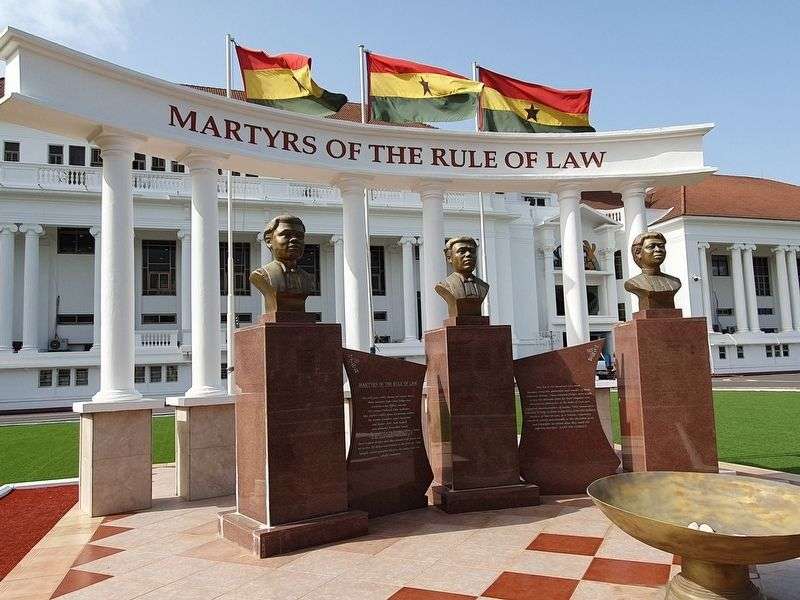
He noted that by continuing to operate like a private club while exercising public power, the association risks excluding voices, fostering discrimination, and undermining constitutional values.
“In sum, GOGO believes that once named in the Constitution, an association undergoes a constitutional transformation. It ceases to be merely voluntary; it becomes a public body with public duties.
“In carrying out its constitutional role, it operates as a state actor. Parliament must regulate this transformation. And if Parliament fails, the judiciary must step in, because the Constitution cannot be held hostage to legislative inertia.”
Prof. Stephen Kwaku Asare
The debate highlights a critical question: Can a voluntary association like the GBA continue to serve as the gatekeeper of constitutional responsibilities without being subjected to the same standards of accountability as other state institutions?
The answer will have profound consequences for lawyers, governance, and the rule of law in Ghana.
READ ALSO: Starmer Challenges Populist Lies At London Summit

